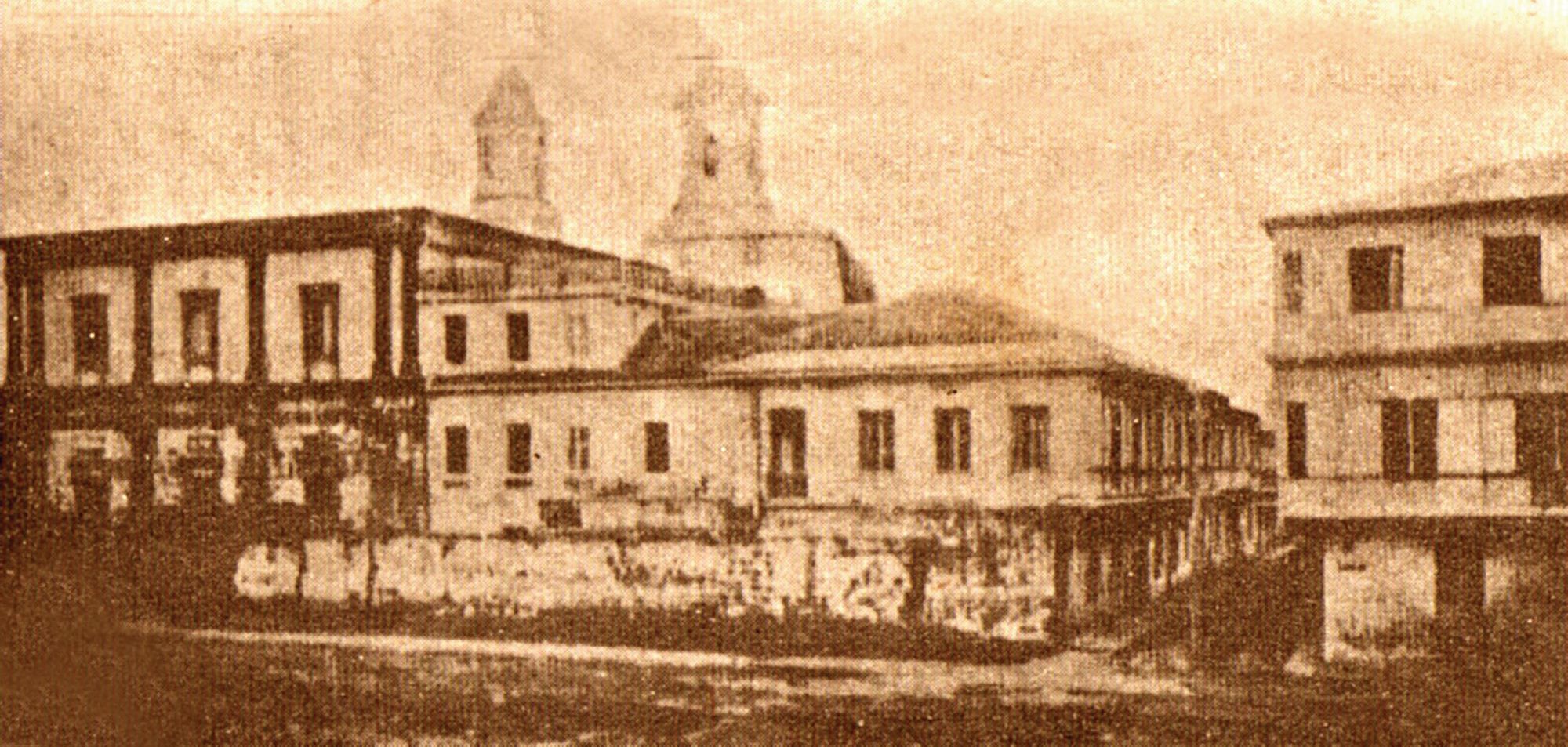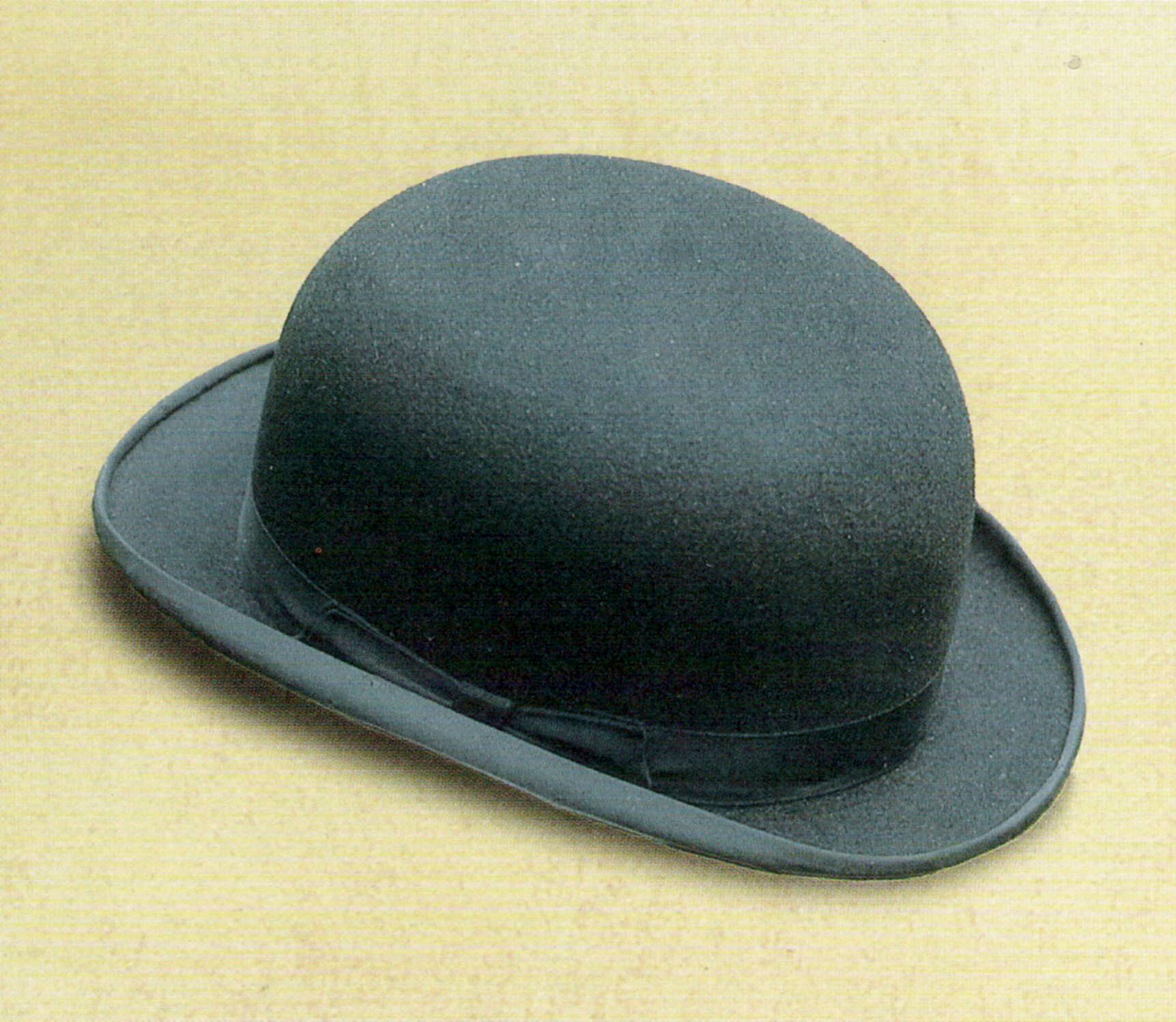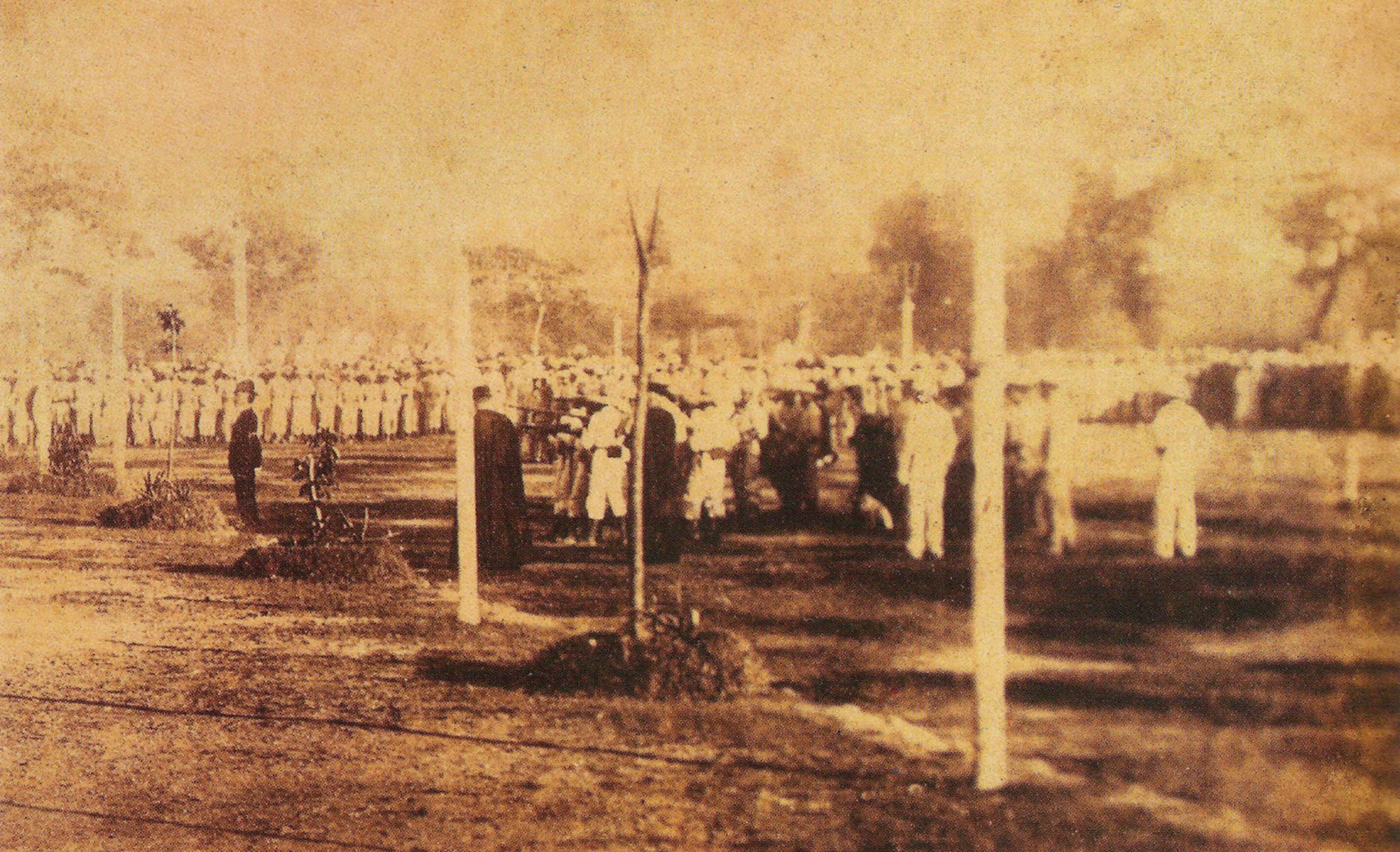Tatler Philippines revisits the life of the "Pride of the Malayan Race" and discover his humanity
This feature story was originally titled as The Real Rizal, and was published in the December 2006 issue of Tatler Philippines.
Besides being the national hero of the Philippines, Jose Rizal was also known through time as the First Filipino, Pride of the Malayan Race, the Greatest Malayan, among others. Many considered him a genius, a master of all trades, a patriot, a model brother and an ideal son. Active efforts to promote Rizalist culture and values are being made by the government as well as Rizalist groups to encourage good moral character, personal discipline and civic consciousness. In fact, Republic Act 1425, the Rizal law, requires schools, universities and colleges, both private and public, to include in their curricula the study of Rizal’s life and works, particularly his two novels, Noli Me Tangere and El Filibusterismo, to instil into students the ideals of freedom and nationalism.
Perhaps because of these efforts to elevate him as a paradigm of a great Filipino, Rizal may have become too difficult to emulate and his brand of nationalism left simply to be read in the pages of history books. This distance from an image of a real person may even have made the other hero, Andres Bonifacio, more attractive, more endearing to the ordinary Filipino.
What an unfair assessment of Rizal! For while he truly was a great man, there was also a more human, more real side to this genius.

RE-INTRODUCING RIZAL
Rizal was born on June 19, 1861, in Calamba, Laguna, to Francisco Mercado and Teodora Alonso. The seventh of 11 children, he grew up to be a sickly and frail boy, which was probably why he engaged in the various sports at that time to improve his physique.
Typical of Filipino families even at present, his mother was his first teacher until he was sent to a nearby town, Biñan, to study under Maestro Justiniano Aquino Cruz. Like his peers, and perhaps contrary to the general perception that he was always a well-behaved boy, the young Pepe, as he was also called, engaged in brawls with his classmates. One brawl ended with Rizal being hit in the butt with the teacher’s bamboo stick.








